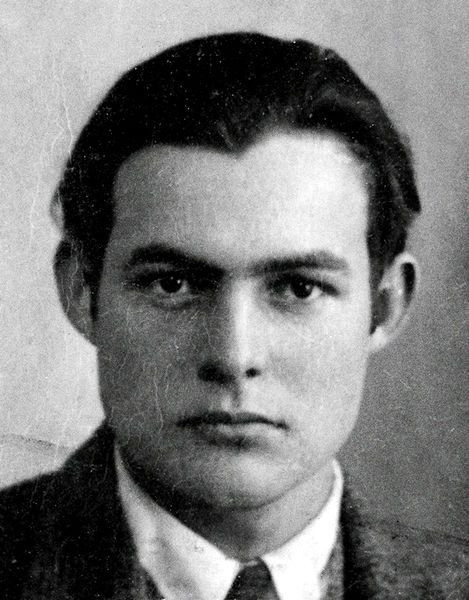Can Creativity Foreshadow Mental Illness?

Creativity is frequently paired with mental illness, according to a new study that confirms the stereotype that people in creative professions are significantly more susceptible to psychiatric disorders than the general population.
The finding, published Oct. 9 in the Journal of Psychiatric Research, is particularly true for writers, who are at a higher risk of anxiety and bipolar disorder, schizophrenia, unipolar depression, and drug abuse.
Additionally, Swedish researchers at the Karolinska Institute found that writers were twice as likely to kill themselves compared to the general population.
Lead researcher Simon Kyaga, consultant in psychiatry and doctoral student at the Department of Medical Epidemiology and Biostatistics, and his team found that dancers and photographers were also more likely to have bipolar disorder.
Researchers noted as a group, people who have creative professions were no more likely to suffer from mental conditions than other people, but these creative types were more likely to have a close relative with a disorder like anorexia and, to some extent, autism.
Experts say that the latest findings suggest that mental illnesses should be perceived in a new light and that certain traits associated with psychiatric conditions might be valuable or desirable.
Kyaga noted that the limited and intense interests of an autistic person and the manic drive of a bipolar patient might provide the essential focus and determination for genius and creativity. He added that the chaotic thoughts associated with schizophrenia might trigger the essential originality element of a masterpiece.
"If one takes the view that certain phenomena associated with the patient's illness are beneficial, it opens the way for a new approach to treatment," Kyaga said. "In that case, the doctor and patient must come to an agreement on what is to be treated, and at what cost."
"In psychiatry and medicine generally there has been a tradition to see the disease in black-and-white terms and to endeavor to treat the patient by removing everything regarded as morbid," he added.
Previous studies also found that creativity was significantly linked to mood disorders, especially bipolar disorder. In 2010, researchers tested the intelligence of Swedish 16-year-olds and found that highly intelligent adolescents were four times more likely to develop bipolar disorder in a decade-long follow-up, according to scientists at a panel discussion at New York's World Science Festival early June.
Other researchers found that people who suffer bipolar disorder tend to be more creative when they're coming out of deep depression. Bipolar patients experiencing mild mania after a period of depression can generate three times as many word associations in the same amount of time as the general population.
However, experts say that while bipolar disorder personality traits could be advantageous to those in creative professions, it is also likely that people with bipolar disorder are more interested in careers where they can harness their creative skills.
"It is important that we do not romanticize people with mental health problems, who are too often portrayed as struggling creative geniuses," Beth Murphy, head of information at Mind, a UK mental health charity.
"We know that one in four people will be diagnosed with a mental health problem this year and that these individuals will come from a range of different backgrounds, professions and walks of live. Our main concern is that they get the information and support that they need and deserve," she said.
Panelists at the World Science Fair said that while society may benefit from the productivity of its "tortured geniuses," people affected by mental disorders that can often lead to bouts of creative energy don't always consider their small moment of brilliance to be worth their suffering.
"I think the creativity is just one part of something that is mostly bad," Elyn Saks, a mental health law professor at the University of Southern California who also developed schizophrenia as a young adult, said at the panel.



























